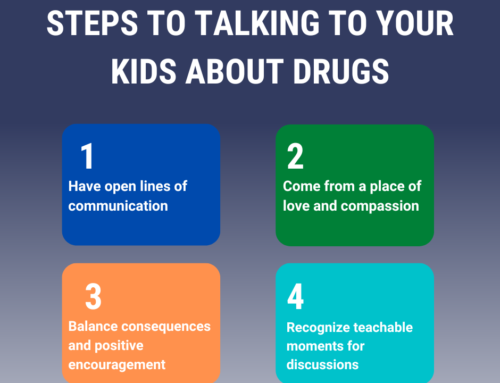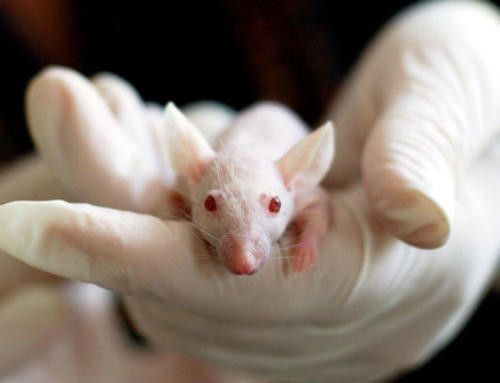Beating caffeine addiction is challenging but it may not be as tough as some other drugs and alcohol to defeat. Getting off caffeine is no simple task. Like any drug, caffeine works in your brain and impacts the chemicals and pathways there. Over time, a person gets used to having it in the body and brain, even when trying to quit due to withdrawal symptoms.
Caffeine and the Brain
Everyone is familiar with how caffeine impacts the brain, especially early on. When a person drinks coffee, energy drinks, sodas, or other caffeinated beverages for an energy boost, the immediate effects hit the brain like a stimulant. This alertness only lasts a few hours where more will be needed to get the same effect. A daily dose of caffeine from coffee can change the brain as receptors are impacted, becoming more plentiful and building tolerance. The brain changes to function normally and yet experience caffeine withdrawal when trying to stop.
Symptoms of Addiction
The symptoms of caffeine addiction and withdrawal are real conditions. People who love their coffee may already know this, but the symptoms of being hooked on caffeine are very real and can have real world consequences on the brain and body:
- Feeling restless
- Feeling nervous and excited
- Flushed face
- Insomnia
- Stomach upset
- Frequent urination
- Agitation
- Cardiac arrhythmia
Breaking Free
When a person struggles with breaking free from caffeine addiction, they find quitting may be much easier than with other drugs but eventually withdrawal will happen upon quitting the drugs. The intense cravings people will struggle with can be challenging, as well. Going cold turkey may feel difficult but will pass. A good treatment for caffeine addiction is to slowly be weaned off. Reducing intake over several days can help until all caffeine is eliminated from the system and a trained therapist or counselor can offer support for quitting caffeine for good.
Springboard Center focuses on tailoring our programs to meet your individual needs in addiction recovery. It is important to recognize the many services offered, especially the group therapy and individual components that help your healing journey. Let us help you get started: 432-620-0255




